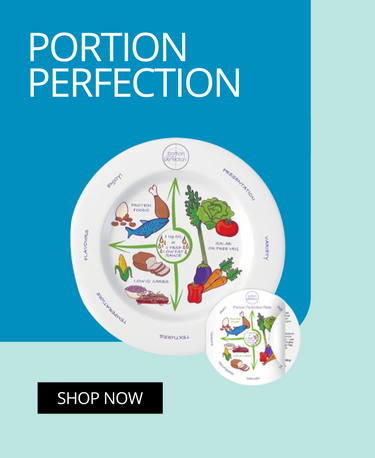Have you, or someone you know recently been diagnosed with type 2 diabetes? You may be wondering what it is, what caused it and how to manage it.
Diabetes is considered a chronic condition, which means that it requires regular and ongoing management by yourself, with the help of your GP and other members of your diabetes team.
To live well with diabetes, it is helpful to have the support of your GP or diabetes team, as well as access to evidence-based information, like the information found here or from the NDSS.
Read on to learn more about type 2 diabetes, what it is, the symptoms, diagnosis and management of type 2 diabetes.
What is type 2 diabetes?
Type 2 diabetes is a condition where your body does not produce enough insulin or the insulin you produce does not work effectively. The end result is that your blood glucose (or sugar) levels are higher than they should be. High blood glucose, especially over a long period of time, can be damaging to your body, particularly to your organs, small and large blood vessels. This can lead to long term diabetes complications, like loss of feeling in the hands or feet, amputation, eye or vision problems, and damage to blood vessels. Up to 80% of diabetes complications can be prevented with good management of your diabetes.
What causes type 2 diabetes?
Type 2 diabetes usually develops because of genetics and lifestyle factors. It is more common in older adults (over age 45 years) although young people can also develop type 2 diabetes.
Risk factors include:
- Having a family history of type 2 diabetes
- Having pre-diabetes
- Being above the healthy weight range
- Not performing enough physical activity
- Having previous gestational diabetes (diabetes in pregnancy)
- Having a history of polycystic ovarian syndrome
- Certain types of medications (steroids and antipsychotic)
- Being of Aboriginal or Torres Strait Islander background
- Being of Chinese, Southeast Asian, Middle Eastern, Indian, Melanesian or Polynesian background
Symptoms of Type 2 diabetes include:
- Excessive thirst
- Increased urination
- Feeling tired
- Always feeling hungry
- Itchy skin or skin infections
- Blurred vision
- Gradual increase in weight
- Mood swings
- Headaches
- Feeling dizzy
- Leg cramps
While people can experience symptoms related to type 2 diabetes, many people report no symptoms at all. If you have a family history of type 2 diabetes or have any of the above risk factors, it is important to discuss with your GP.
Diagnosis of type 2 diabetes
Type 2 diabetes is diagnosed on the results of a blood test. Your GP will order the test for you and these tests are performed by a pathology lab and differ from a finger prick test. Diagnosis is based on the results of any one of the tests below, and in some cases, you may need to repeat a test:
- A blood glucose test (fasting or non-fasting).
- An oral glucose tolerance test (OGTT). In this test, you will be asked to drink a sweet drink and your blood will be collected at specific time points over two hours. You will need to fast before this test.
- An HbA1c blood test, which is an average blood glucose level over the past 3 months. You do not need to fast for an HbA1c.
Managing type 2 diabetes
Once a diagnosis of type 2 diabetes is made, it is important that you take steps to look after your diabetes. By actively managing your diabetes, you can help prevent diabetes complications, like numbness in the hands or feet and damage to the eyes, kidneys or blood vessels. Key management areas may include:
- Healthy eating
- Regular physical activity
- Taking medication
- Blood glucose monitoring
If you’ve been diagnosed with type 2 diabetes, meet with your GP, specialists and allied health providers to develop a plan for healthy eating, exercise, how and when to take your medication (if prescribed) and how and when to check your blood glucose levels.
Make sure you register with the NDSS, National Diabetes Services Scheme, so you can access diabetes education and support as well as subsidised diabetes testing supplies. Your GP, diabetes educator or endocrinologist can help you register.
Who can help you manage your diabetes?
You are not alone. Your diabetes team can advise you and provide support to help you look after your diabetes. Your team may include your GP, dietitian, diabetes educator, endocrinologist, exercise physiologist, podiatrist, psychologist or counsellor. Your friends and family can also provide support.
What do you need to get started?
A new diagnosis can be overwhelming. For general information to help you understand and manage type 2 diabetes, check out our diabetes education books. There are many resources available including recipe books, healthy shopping guides and portion plates to help you with following a healthy eating plan.
Exercise equipment to use at home or when travelling can help you become more physically active.
If you have been asked to check your blood glucose levels, you will need a meter, test strips and lancets or a lancing device. You can use a diary or blood glucose log to record your readings.
Remembering to take you medication at the right times can be tricky, especially when you are out and about or travelling. A diabetes case can help you remember all of your diabetes supplies and keep them safely in one place.
Visit the Diabetes Shop for all of your diabetes essentials to help you manage your diabetes.


